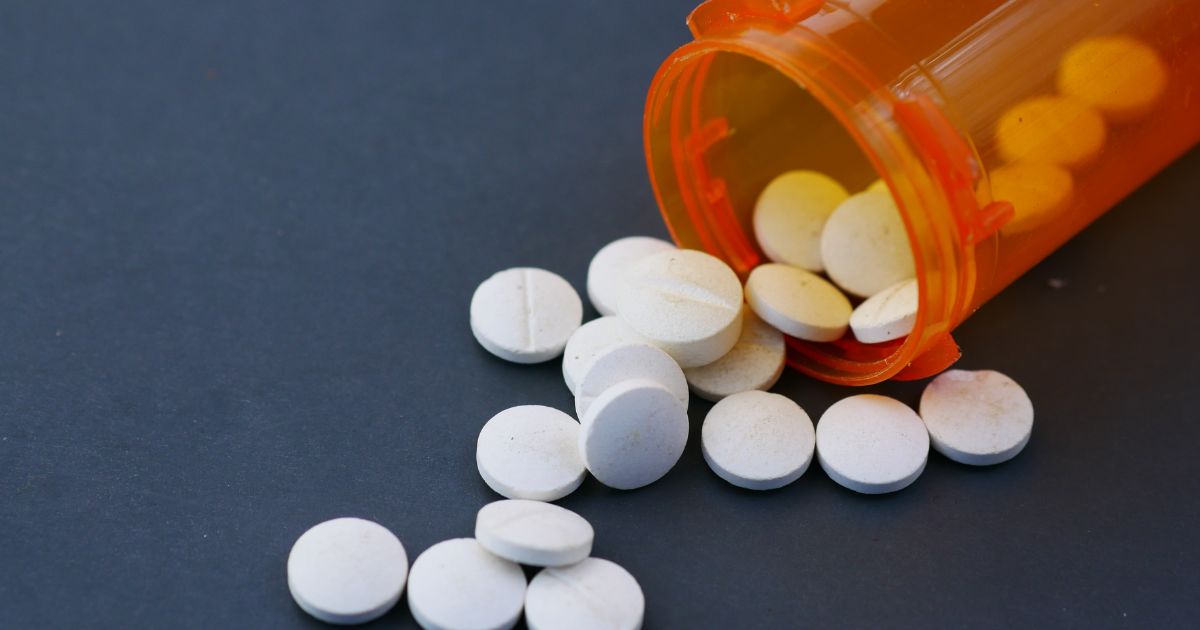Heroin is a highly addictive illicit drug under the classification of opioids. Currently, there is an opioid crisis in the United States. From 2002 to 2016, annual deaths from heroin alone increased 533% nationwide.
Heroin is becoming more and more dangerous, especially with the addition of chemicals being used to “cut” the substance, like fentanyl and carfentanyl. These chemicals are extremely potent, with even just a single grain too much of the substance causing an overdose instantly. The addition of chemicals like these, along with other unknown chemicals being added to heroin are causing overdose rates to rise even higher.
Heroin use has both short term and long term effects. As stated originally by the Institute on Drug Abuse, the short term effects of heroin use include: dry mouth, warm flushing of the skin, heavy feeling in the arms and legs, nausea and vomiting, severe itching, clouded mental functioning, and “nodding out”— a state of going back and forth between consciousness and semiconsciousness.
Long term effects of heroin include the following:
-insomnia
-collapsed veins (for IV users)
-damaged nasal tissue (for those who snort the drug)
-infection of the heart lining and valves
-abscesses
-constipation and stomach cramping
-liver and kidney disease
-lung complications, including pneumonia
-mental disorders
-sexual dysfunction for men
-irregular or halted menstrual cycles for women
Heroin use disorder is hard to overcome, as heroin is one of the most addictive illicit drugs in the world. Often times, heroin addicts will try to quit their use, but enduring the heroin withdrawal symptoms drive them back to the drug in order to end the discomfort. Heroin use disorder is a substance use disorder, which is best overcome by attending an addiction treatment center. Royal Life Centers provides addiction treatment for any drug or alcohol use disorder. Our comprehensive addiction treatment provides treatment programs designed to follow our guests from our medical detoxification center, through their recovery process. Whether your heroin use is short term or long term, you should first attend a medical detox center in order to safely and comfortably remove the substance from your body.
The Diagnostic and Statistical Manual for Mental Disorders, published by the American Psychiatric Association defines an opioid use disorder as two or more of the following statements ringing true for you in the past 12 months:
-Opioids are often taken in larger amounts or over a longer period of time than
intended.
-There is a persistent desire or unsuccessful efforts to cut down or control opioid
use.
-A great deal of time is spent in activities necessary to obtain the opioid, use the
opioid, or recover from its effects.
-Craving, or a strong desire to use opioids.
-Recurrent opioid use resulting in failure to fulfill major role obligations at work,
school or home.
-Continued opioid use despite having persistent or recurrent social or
interpersonal problems caused or exacerbated by the effects of opioids.
-Important social, occupational or recreational activities are given up or reduced
because of opioid use.
-Recurrent opioid use in situations in which it is physically hazardous
-Continued use despite knowledge of having a persistent or recurrent physical or
psychological problem that is likely to have been caused or exacerbated by
opioids.
-*Tolerance, as defined by either of the following:
(a) a need for markedly increased amounts of opioids to achieve intoxication or
desired effect
(b) markedly diminished effect with continued use of the same amount of an
opioid
–
*Withdrawal, as manifested by either of the following:
(a) the characteristic opioid withdrawal syndrome
(b) the same (or a closely related) substance are taken to relieve or avoid
withdrawal symptoms
Scientists and researchers have been in the process of developing a vaccine that will protect against heroin use and heroin overdose. The way this vaccine works is by changing the immune response to heroin entering the body. Institutes like the Walter Reed Army Institute and The Scripps Research Institute are in the process of creating this vaccine and testing it for the purpose of preparing a human clinical evaluation.
The idea behind this experimental vaccine is for the immune system to “recognize and bind to heroin molecules” essentially blocking the drug from reaching the brain to prevent the high. For current opioid blocking medications like methadone and buprenorphine, these medications have an abuse potential. Naltrexone, another opiate blocker requires for users to be detoxed before putting it into their system. This vaccine could be used immediately, without the need for a detox beforehand. Researchers have been working on a heroin vaccine for years, and have tested 20 formulations of the vaccine so far to determine each formula’s effectiveness. The researchers at The Scripps Research Institute are steps closer to being ready for the human clinical testing and evaluations. If successful, this heroin vaccine will prevent both the high from heroin as well as heroin overdose. Heroin abuse has been rising, especially with the current opioid crisis. Studies show that opioid pain pill users are forty times more likely to abuse heroin.
This heroin vaccine is created for the purpose of preventing addicts from using or continuing to use heroin. The best formulation of this vaccine has proved to provide protection again lethal doses of heroin. This fact is especially helpful, as many addicts who attempt to stop using heroin relapse and often overdose during their recovery process. So far, the heroin vaccine has been safe and effective in clinical trials in animal models, stable under clinical conditions, and is formulated with a key ingredient that is already FDA approved.
The team of scientists and researchers behind this heroin vaccine say that it will be extremely beneficial for heroin addicts who have found it difficult to quit the substance.
At Royal Life Centers, we know that simply taking a drug away does not mean recovery. Recovery from addiction requires learning a new way of living. We use intensive therapy like behavioral therapies, individual therapy, group therapy, adventure therapy, activity therapy, and equine therapy to treat drug and alcohol addiction. The root cause of a substance use disorder must be uncovered through the therapeutic process, to truly work on unresolved issues for each guest. Heroin dependence must first be treated in one of our medical detox facilities, in order to safely, comfortably, and effectively remove the substance from the body.
If you or someone you know is struggling with a heroin addiction, or any substance use disorder, please reach out to us at (877)-RECOVERY or (877)-732-6837.









